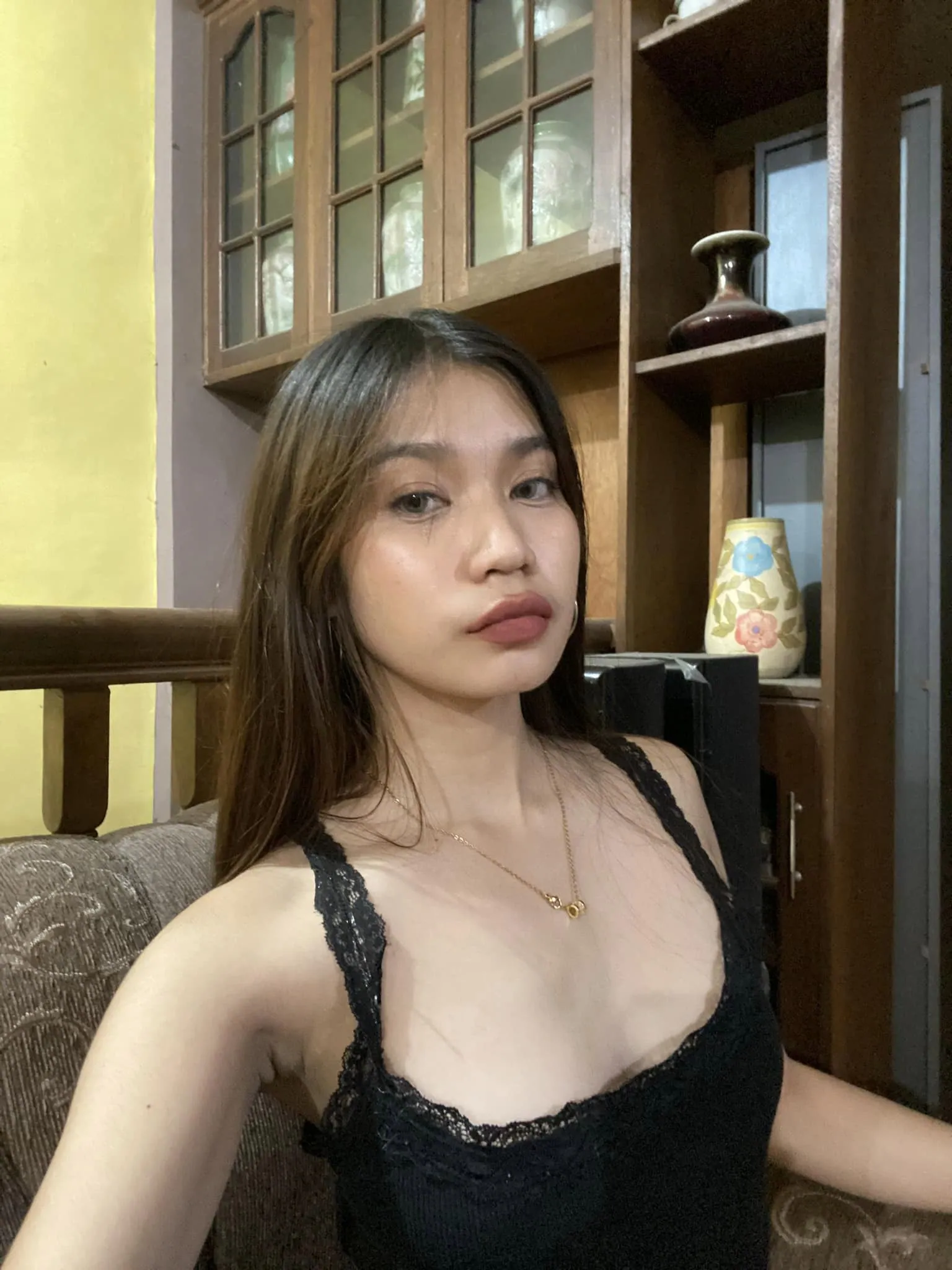Is the internet abuzz with yet another viral sensation? Indeed, it is. The recent emergence of a video featuring Meia Cassandra has taken social media platforms by storm. This content, designed by Jin Jilo, quickly gained traction and became a trending topic across various networks. As we delve into this phenomenon, one cannot help but question the implications of such viral content in today's digital age.
The rapid spread of videos like Meia Cassandra's on platforms such as Twitter and Reddit highlights the power of social media in disseminating information—or misinformation—at an unprecedented pace. Tamimikhsan, who published insights on this trend on January 30, 2025, emphasized how swiftly these clips can escalate from niche uploads to global sensations. In our interconnected world, where sharing content takes mere seconds, understanding the dynamics behind viral phenomena becomes crucial.
The original link for the Meia Cassandra viral video was reportedly shared through multiple channels, including specialized websites that aggregate such content. For instance, users could access the video via links provided on forums or direct downloads from services like iyxwfree24.my.id. However, caution must be exercised when engaging with such material due to potential risks associated with unauthorized sharing and viewing.
Music tracks and playlists tagged under Meia have also surfaced on SoundCloud, indicating a broader cultural impact beyond just visual media. These audio snippets often accompany the viral video clips, enhancing their appeal while simultaneously contributing to the overall buzz surrounding the creator. It is worth noting that some versions of the video incorporate scenes reminiscent of popular films, blurring lines between originality and homage.
As discussions around privacy and consent intensify following incidents like these, it is imperative to address ethical considerations within digital spaces. While many celebrate the democratization of content creation brought about by modern technology, others raise valid concerns about exploitation and misuse. TikTok user @meiacassandra89 capitalized on this moment by posting a teaser clip, garnering over 8293 likes and sparking conversations among followers.
Platforms like Samsung continue to facilitate easy access to multimedia content, ensuring seamless streaming experiences for users worldwide. Nevertheless, responsible consumption remains key. Engaging critically with what we watch online not only protects personal well-being but also fosters healthier interactions within virtual communities.
Ultimately, the story of Meia Cassandra serves as both a case study in contemporary internet culture and a reminder of the dual-edged sword nature of widespread connectivity. From its origins as a simple upload to becoming part of global discourse, this incident underscores how quickly narratives evolve in cyberspace—and why staying informed matters more than ever before.



